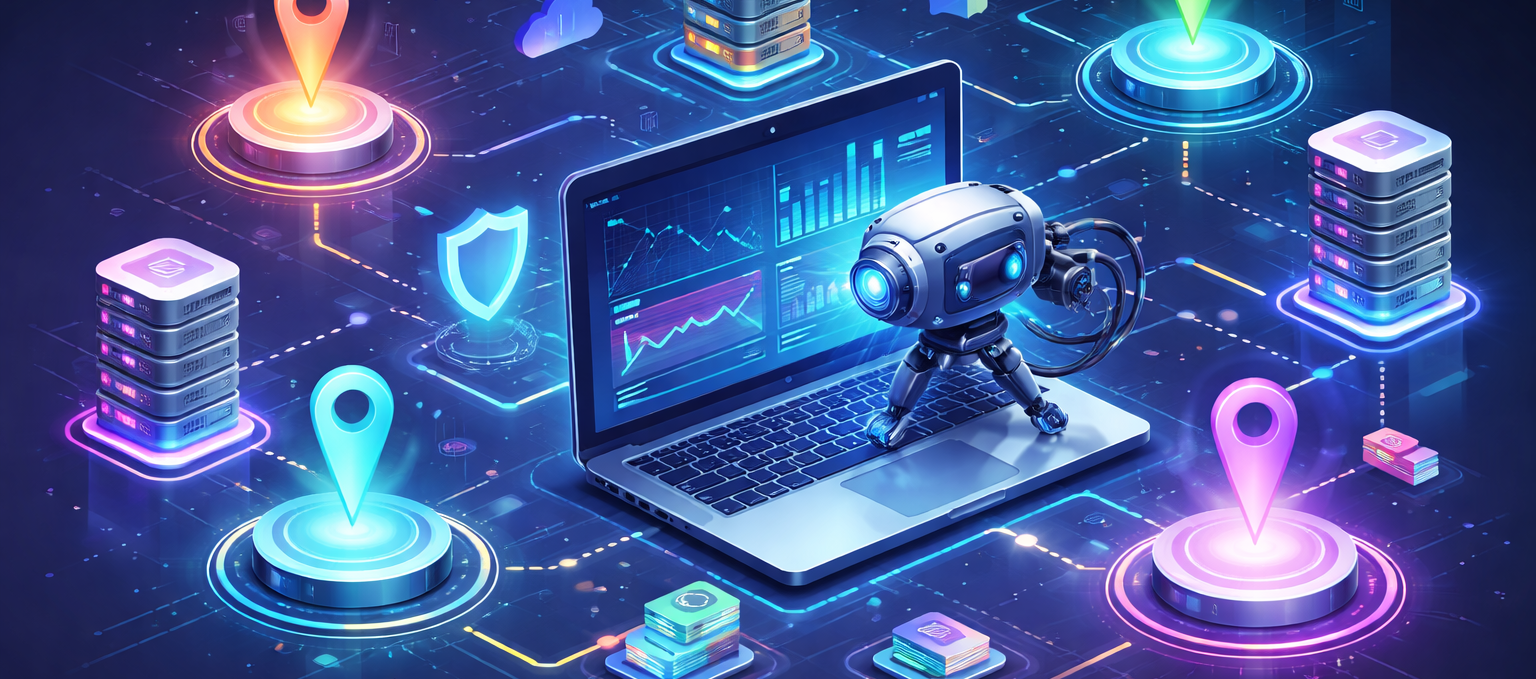Working remotely is gaining increasingly more popularity since the transition in 2020. Many employees choose to work from home since it offers greater flexibility, a better work-life balance and increases productivity. For these reasons, many companies and professionals are adopting hybrid and remote work models for the long-term. Research shows that employees are not the only party benefiting from remote and hybrid work possibilities. Many companies observed increased performance, engagement and fewer quality defects regarding the daily tasks of their workers.
However, remote work can also expose company data and threaten their cybersecurity if the appropriate tools and measures are not applied. Working while using public wifi unprotected, leaving a work device unattended or even allowing a family member to use said device can create an environment in which the company can be subject to cyber attacks, data leaks or malware infections. Such incidents often result in financial loss and damaged reputation for remote employees as well as the company.
Remote work security risks
The most common security risks of remote work include leaks of sensitive data through unsecured wifi networks, the use of personal devices for non-work related purposes and lack of cybersecurity awareness when it comes to the risk caused by phishing attacks or other cyberthreats. Scammers will often send fraudulent emails in order to steal sensitive information from the company. Without adequate training, employees can be tricked into revealing login credentials or downloading malware which can infect the system and extract data that can be leveraged for financial gain.
To protect your online work space from cyberthreats, implementing the right cybersecurity measures is essential. The best tools for safe and effective remote work include:
1. VPN services
Using a VPN is a great way to protect remote employees from getting company data exposed thanks to the robust encryption it provides. Essentially, a VPN creates a virtual tunnel between your device and the internet, which hides and protects all traffic that goes through it. Besides establishing a safe connection, a VPN can also change your IP-address and virtually relocate you to almost any country in the world. It also helps workers extend their online capabilities. For instance, by using a VPN for India a worker can relocate themselves virtually and research local competition in a market that otherwise wouldn’t be accessible.
2. Password managers
Dedicated password managers are another great tool to increase cybersecurity within remote work spaces. They allow employees to store their passwords in an encrypted database which prevents their passwords from getting stolen through, for example, brute force attacks. During such an attack, the malicious actor tries to submit all possible password combinations in hopes of guessing it correctly. A hacker can run brute force algorithms using the information they already have about the company, its employees, or even previously leaked or stolen data. Therefore, using a enterprise password manager to safely store, manage and create strong passwords is crucial.3. Multi-factor authentication
Lastly, multi-factor authentication (MFA) is a login process that requires multiple steps rather than just a password alone to access an account. For example, users might be asked to enter a code from their smartphone, answer a security question, scan a fingerprint or use facial recognition. It protects remote workers and companies from data breaches by making it much harder for attackers to gain login credentials.
Conclusion
In order to establish a safe and effective remote work environment, essential cybersecurity tools need to be implemented. While office settings are usually equipped with appropriate security measures, remote work settings often lack the same level of security infrastructure. Home networks are typically more vulnerable to different kinds of cyberattacks including unauthorised access, data theft and malware infections. Tools such as VPNs, password managers and multi-factor authentication are a great way to boost your online safety and security while working remotely.
Published: December 14, 2023





